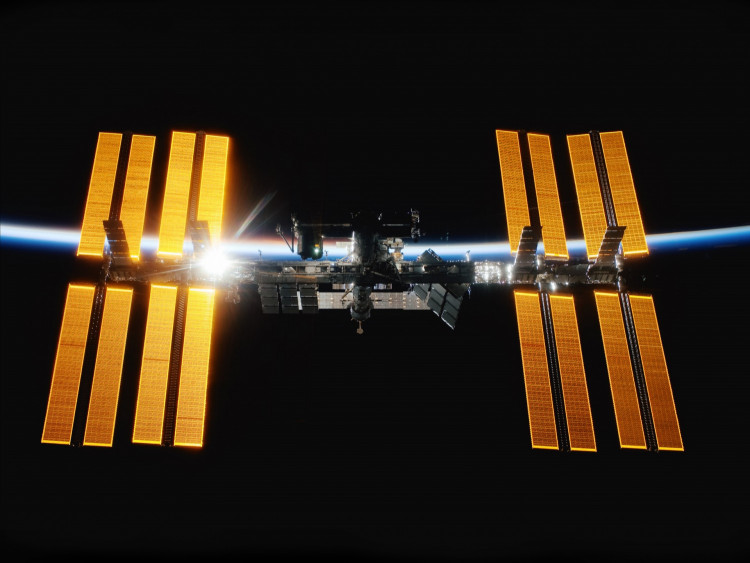The International Space Station should remain operational until the end of the decade, according to U.S. Congress.
A NASA authorization bill is part of the recently passed Creating Helpful Incentives to Produce Semiconductors (CHIPS) Act of 2022, which among other things extends the agency's involvement in the International Space Station (ISS) program by six years, to 2030.
The CHIPS Act, whose major objective is to boost semiconductor production in the United States in order to overcome supply chain problems brought on by the epidemic, has now been adopted by both the U.S. Senate and the House of Representatives, and all that is required for it to become law is President Joe Biden's signature.
"I am incredibly pleased Congress has passed the NASA Authorization Act of 2022 - the first authorization for our agency in five years," NASA Administrator Bill Nelson said in a statement.
"This act shows continued bipartisan support of NASA's many missions, including our moon to Mars approach, as well extension of U.S. participation in the International Space Station to 2030," Nelson added. "With strong support from the Biden-Harris Administration as well as this authorization, NASA will continue to advance scientific discoveries, enable sustainable aviation, address climate change, and much more."
The other partner agencies in the program must also agree to the extension, thus whether or not the ISS survives till 2030 is not solely in the hands of the U.S. government.
The Russian federal space agency Roscosmos is one of those partners, although it doesn't appear totally committed. Roscosmos said on Tuesday (July 26) that it will stop participating in the ISS program after 2024.
The actual departure date, however, is unknown because Russian officials have stated they want to continue working with the ISS until a new Russian space station is operational, which is not likely to happen until at least 2028.
Also today, the Senate released its draft commerce, justice, and science (CJS) spending bill for the fiscal year 2023. The bill would give NASA $25.9738 billion in funding for next year, which is exactly what the White House requested in its 2023 budget request.
However, the CJS bill includes a few changes for NASA. These include requesting that the asteroid-hunting NEO Surveyor mission keep its 2026 launch date rather than pushing it to 2028, cutting a portion of space technology spending that includes nuclear thermal propulsion work, and adding $50 million to support a new commercial crew provider other than SpaceX and Boeing to increase program options.






